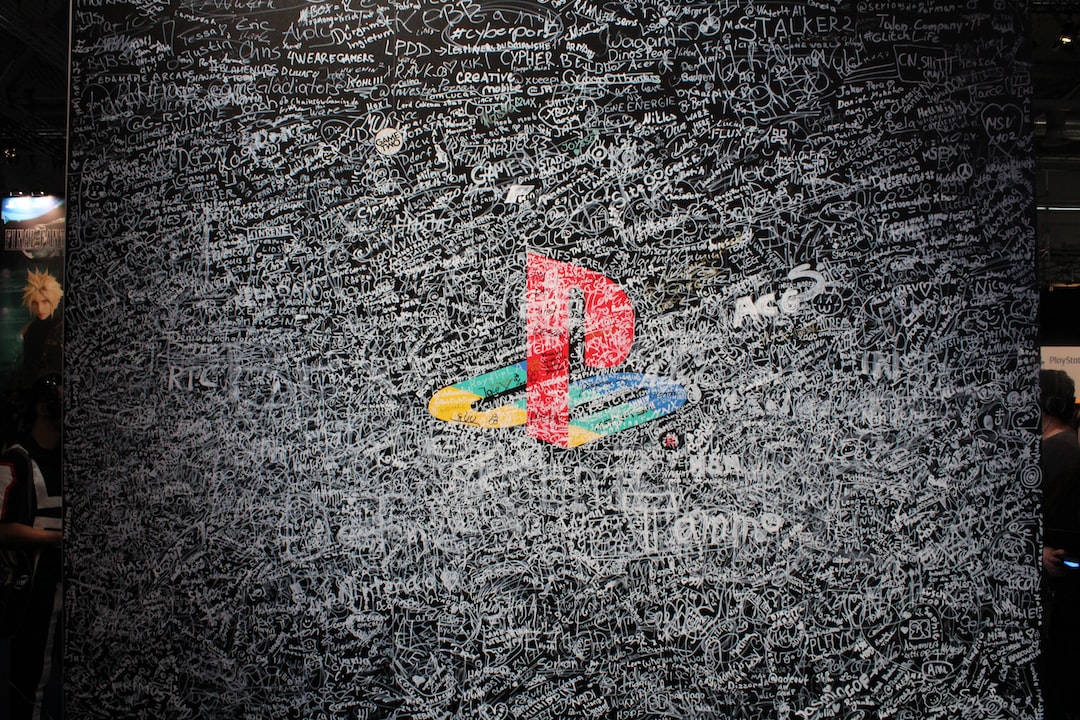The Cultural Impact of Japanese Role-Playing Games
When it comes to video games, Japanese Role-Playing Games (JRPGs) have had a significant impact on both the gaming industry and popular culture. From Final Fantasy to Pokemon, these games have captivated audiences worldwide, influencing not only gamers but also other forms of entertainment such as movies, anime, and even fashion. In this blog post, we will explore the cultural impact of Japanese Role-Playing Games and why they continue to hold a special place in the hearts of millions of fans.
One of the most notable aspects of JRPGs is their storytelling. These games often feature intricate narratives with deep character development, exploring themes of love, friendship, sacrifice, and the pursuit of a greater purpose. The emotional connection players feel with the characters and the immersive worlds they inhabit is unparalleled. This emphasis on storytelling has inspired many players to become involved in creative disciplines such as writing, art, and game design, spawning a new generation of storytellers.
In addition to storytelling, JRPGs have also made significant contributions to the evolution of gameplay mechanics. They have pioneered unique battle systems, character progression, and world exploration. For instance, the turn-based combat system, a staple in many JRPGs, has been refined and reimagined countless times, influencing other genres such as strategy and card-based games. The in-depth character customization and leveling systems have become a standard feature in many modern games, allowing players to personalize their experiences and develop a sense of ownership over their virtual avatars.
Another important cultural impact of JRPGs is their representation of diverse and nuanced characters. These games often feature a colorful cast of characters from different backgrounds, cultures, and identities. They challenge traditional stereotypes and push boundaries by giving players the opportunity to explore and empathize with characters who are different from themselves. This inclusivity has not only enhanced the gaming experience but also contributed to a more diverse and accepting gaming community.
The influence of JRPGs extends beyond the gaming world. Anime adaptations of popular games like Persona 5 and Dragon Quest have introduced new audiences to the world of JRPGs. These anime series have garnered large followings, both among gamers and non-gamers, further expanding the reach of these games and introducing their unique narratives to a wider audience. Similarly, the music of JRPGs has become iconic, with many soundtracks being hailed as masterpieces. The orchestral arrangements and memorable melodies have been performed in concerts worldwide, solidifying JRPG music as an integral part of gaming culture.
Furthermore, the fashion and visual style of JRPGs have had a lasting impact on various subcultures. The distinctive character designs, often characterized by vibrant colors, distinct hairstyles, and exaggerated proportions, have inspired cosplayers, fashion enthusiasts, and artists around the world. Elements of JRPG fashion can be seen in streetwear, alternative fashion subcultures, and even high fashion, demonstrating the influence of these games on contemporary aesthetics.
In conclusion, Japanese Role-Playing Games have made an indelible mark on both the gaming industry and popular culture. Through their storytelling, gameplay mechanics, diverse characters, anime adaptations, music, and fashion, JRPGs have captivated audiences worldwide, inspiring creativity, and fostering a sense of connection and community. As these games continue to evolve and push the boundaries of interactive entertainment, their cultural impact is likely to endure for many years to come.

